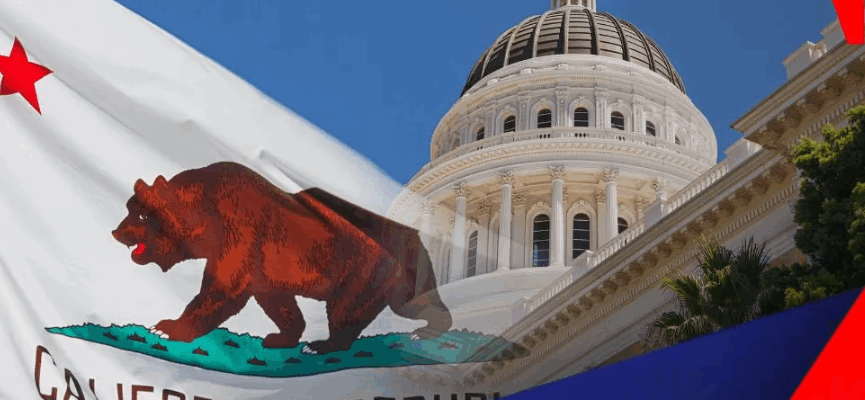
Bill Clears Senate Appropriations Committee
On August 28, A.B. 831 passed the California Senate Appropriations Committee in a 7–0 vote during a “suspense file” hearing—a procedural step where bills are moved forward without debate. Senator Anna Caballero, the committee chair, clarified that votes at this stage are procedural, and positions may shift before the full Senate vote.
What the Bill Proposes
If enacted, A.B. 831 would prohibit online platforms that simulate casino gambling—including sports betting—through sweepstakes models. The legislation targets the widely used “dual-currency” system, where players purchase virtual tokens to play games, some of which allow winnings to be converted into cash.
Violators could face misdemeanor charges, up to one year in jail, and fines ranging from $1,000 to $25,000.
Evolution of A.B. 831
Originally drafted with different aims, the bill was amended in June 2025 to specifically address sweepstakes casinos. Since then, it has cleared multiple legislative hurdles, including the powerful Appropriations Committee. Lawmakers have until September 12—the final day of this year’s legislative session—to pass it through both houses. If successful, the bill will go to the governor’s desk and could become law in early 2026.
Tribal Support and Opposition
The bill has strong backing from tribal gaming entities, particularly the Yuhaaviatam of San Manuel Nation, which warned that unregulated sweepstakes undermine the integrity of California’s legal gaming framework.
“California voters have long entrusted tribal nations to operate gaming responsibly. Allowing predatory sweepstakes operators to circumvent regulation erodes that trust,” the tribe stated.
The California Nations Indian Gaming Association (CNIGA) echoed this stance, arguing that sweepstakes exploit legal loopholes and compromise the state’s carefully regulated gambling ecosystem.
However, not all tribes are aligned. The Sherwood Valley Band of Pomo Indians expressed concern that a blanket ban could disadvantage smaller tribes exploring digital opportunities.
“We urge legislators to reject A.B. 831 and support policies that enable all tribes to pursue economic diversification and long-term sovereignty,” said Bourassa, a spokesperson for the tribe.
National Context
California is not alone in its crackdown. As of September 2025, states like Montana, Washington, Michigan, New Jersey, Massachusetts, and New York have already enacted bans or issued enforcement actions against sweepstakes gambling.
Montana’s SB555 set a precedent by outlawing sweepstakes models that offer cash-redeemable virtual currency. In June, New York’s Attorney General issued cease-and-desist letters to 26 operators, declaring such models in violation of state gambling laws.
A Growing Patchwork of Enforcement
Other states, including Connecticut, Nevada, and Louisiana, have also issued cease-and-desist notices to sweepstakes operators. Some jurisdictions are leveraging existing gambling laws to prosecute violators, while others debate new legislation or outright bans.
In Louisiana, a proposed ban was vetoed by the governor, who argued that current enforcement mechanisms are sufficient.
What’s Next for California?
With sweeping regulatory momentum across the country, California’s Senate floor vote on A.B. 831 will be a key test of how the state chooses to handle the growing influence of unlicensed digital gambling.












